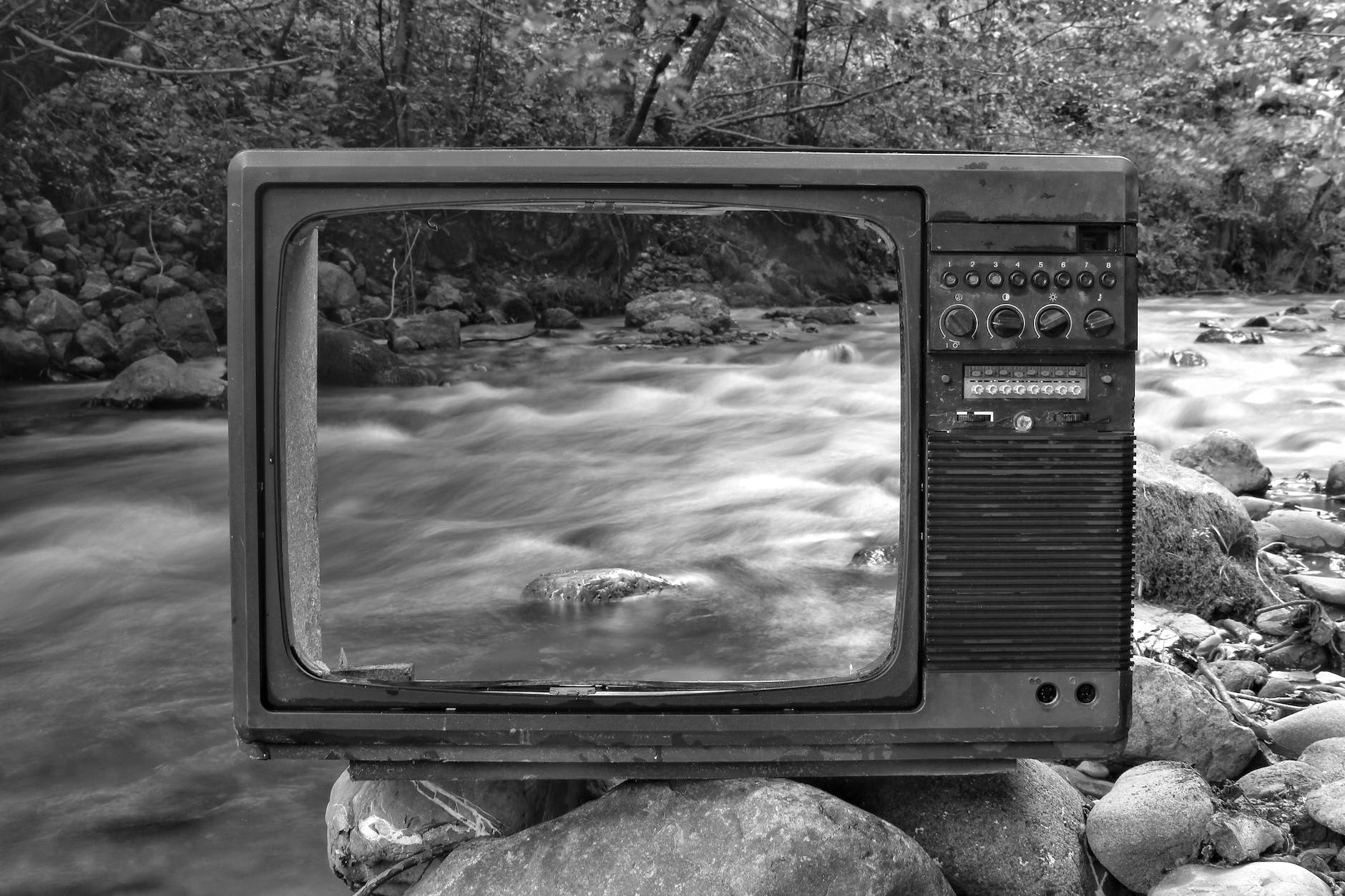Classic films have much to offer in terms of entertainment, storytelling, and cultural significance. Here are some things you can learn from classic films:
- Cinematic Techniques Classic films often showcase innovative filmmaking techniques that have influenced the industry. Pay attention to the use of camera angles, lighting, editing, and storytelling methods employed by renowned directors. You can learn about the artistry and technical aspects of filmmaking by studying the classics.
- Timeless Themes Classic films often explore universal themes such as love, loss, friendship, redemption, and the human condition. They offer insights into the complexities of life and relationships, allowing you to reflect on your own experiences and emotions.
- Historical Context: Classic films can provide a window into different time periods and cultures. By watching films from different eras, you can gain a better understanding of the historical and social context in which they were made. This can deepen your appreciation for the evolution of cinema and broaden your knowledge of history.
- Character Development: Classic films often feature well-developed and memorable characters. Pay attention to how characters are written, their motivations, conflicts, and transformations. You can learn about character development and storytelling techniques that can be applied to your own creative endeavors.
- Dialogue and Scriptwriting: Classic films often have exceptional dialogue and well-crafted scripts. Pay attention to the use of language, wit, and subtext in the conversations between characters. Observing how dialogue is written and delivered can help improve your own writing skills and communication abilities.
- Cultural Impact: Many classic films have had a profound impact on popular culture and have become references in various art forms. By watching these films, you can gain a deeper appreciation for the cultural significance they hold, the enduring influence they have had on subsequent films, and their impact on society.
- Visual Aesthetics: Classic films often showcase stunning cinematography, production design, and costume work. Observing the visual elements in these films can inspire your own visual creativity and appreciation for aesthetics.
- Storytelling Structure: Classic films often follow well-defined storytelling structures that engage and captivate audiences. By studying these films, you can learn about narrative arcs, plot development, pacing, and the art of storytelling.
- Acting Techniques: Classic films feature performances by legendary actors who have shaped the craft of acting. Observe their delivery, emotional range, and ability to inhabit their characters. You can learn from their techniques and apply them to your own acting or public speaking skills.
- Filmmaking History: Classic films represent milestones in the history of cinema and the evolution of filmmaking. By watching them, you can gain an appreciation for the pioneers and groundbreaking works that have shaped the medium.
Overall, classic films offer a wealth of knowledge and inspiration. They can enhance your understanding and appreciation of cinema, storytelling, and the human experience.













+ There are no comments
Add yours